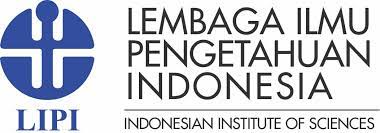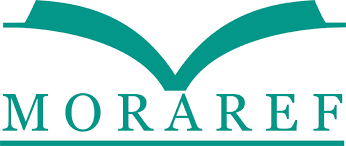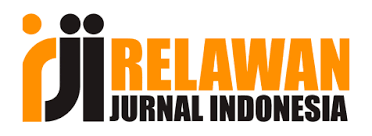Keutamaan Menjaga Lisan Dalam Perspektif Hukum Islam
Abstract
Every human being who is born into the world, the most basic thing to know something is to use language, from all corners of the world, of course, has the language used. This language is one of the communication tools used in building interpersonal relationships between human beings. The language is in the form of a sound icon obtained from the human speech organ. Language is also used in verbal communication, namely by using words, spoken or written. Humans are endowed with the ability to speak verbally. Lisan has the extraordinary ability to speak. In this case, speech has an important role in communication, both the speaker and the interlocutor both know that there are rules governing what actions will be taken, the use of the language, and an understanding of the actions and speech of the interlocutor. Every human being is responsible for actions and deviations from language rules in social interaction in order to avoid misunderstandings. In this case it shows the importance of politeness in speaking. Errors in speaking words can cause the other person to feel uncomfortable and hurt. This can be called verbal bullying (bullying). Oppression is a form of violence perpetrated by someone against another person. This violence can occur anywhere both verbally and nonverbally. Violence is also an act done to hurt someone either intentionally or unintentionally. Violence occurs when someone forces or even threatens another person by hurting both physically and psychologic
References
Salah al-Din bin Ahmad al-Adlabi, Manhaj al-Naqd al-Matn (Beirut: Dar al-Afaq al-Jadidah, 1983), h. 254.
Teuku Hasbib As-Shiddieqy, Sejarah Dan Pengantar Ilmu Hadis (Semarang: Rizki Putra 2009).
M.M. Abu Syuhbah, Kutubus Sittah (Surabaya: Pustaka Progressif, 2006), 81
Downloads
Published
Issue
Section
License
Copyright (c) 2023 Istin Nurhajar Ramli, Nur Fajria M. Radjak, Muhammad Afdhal Zikri Yembo, Muhammad Fajrin Z. Harun, M. Rifian Panigoro

This work is licensed under a Creative Commons Attribution-ShareAlike 4.0 International License.







